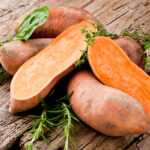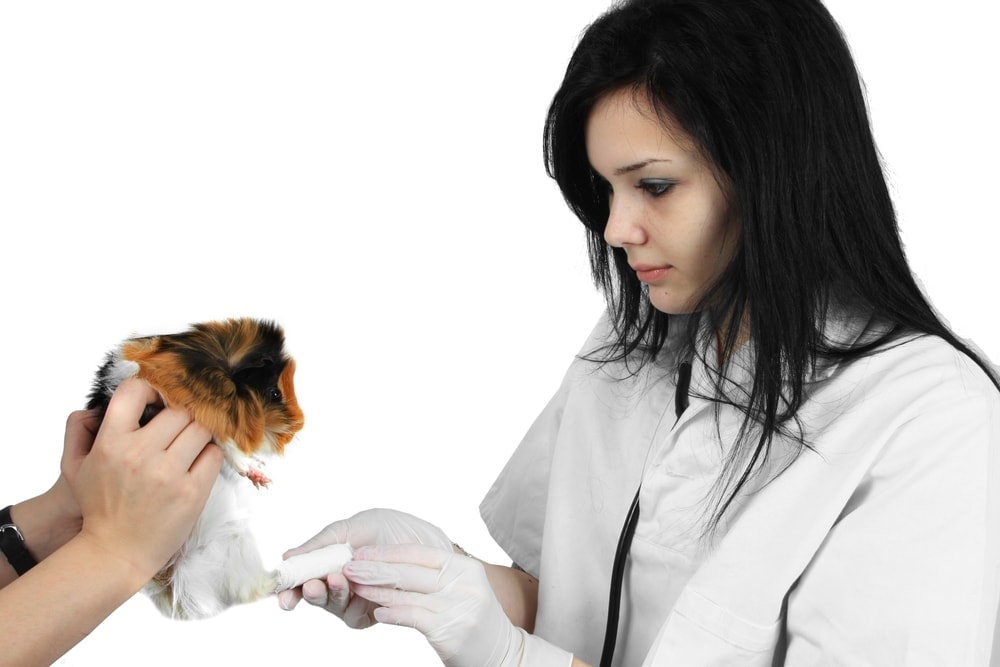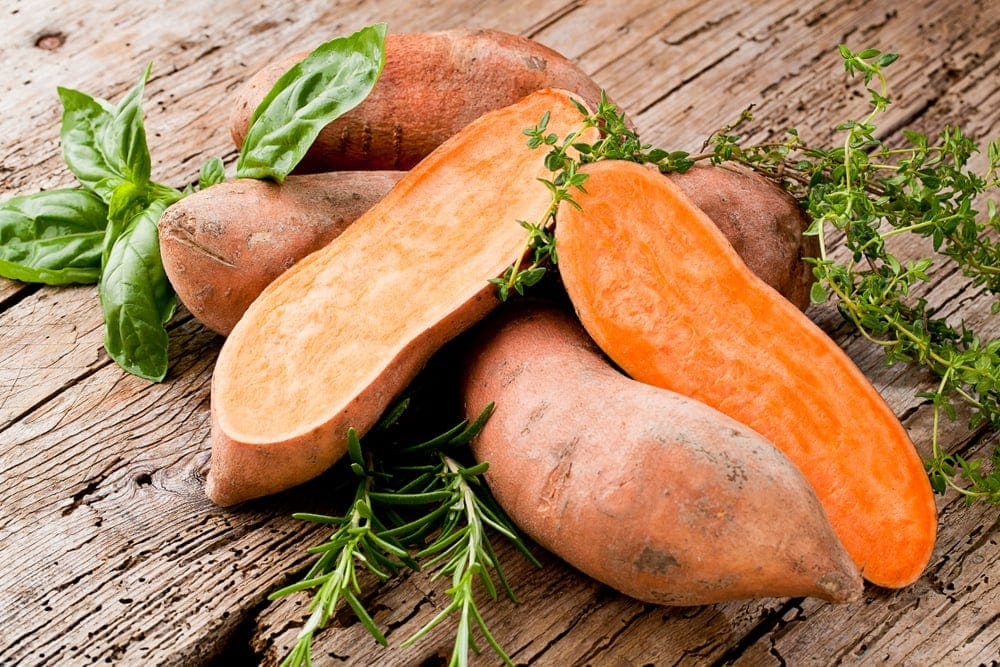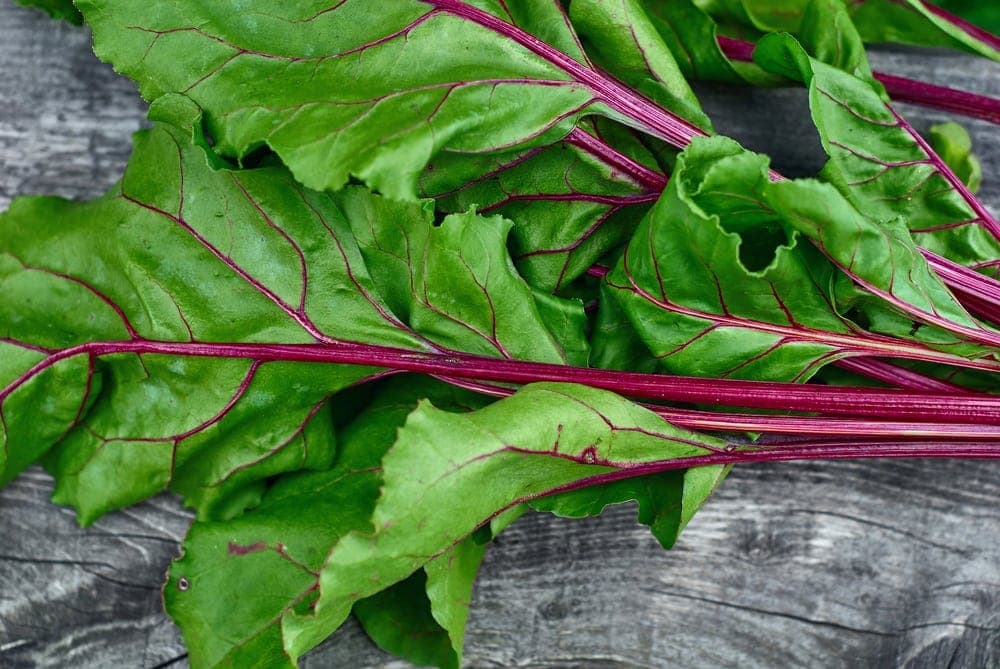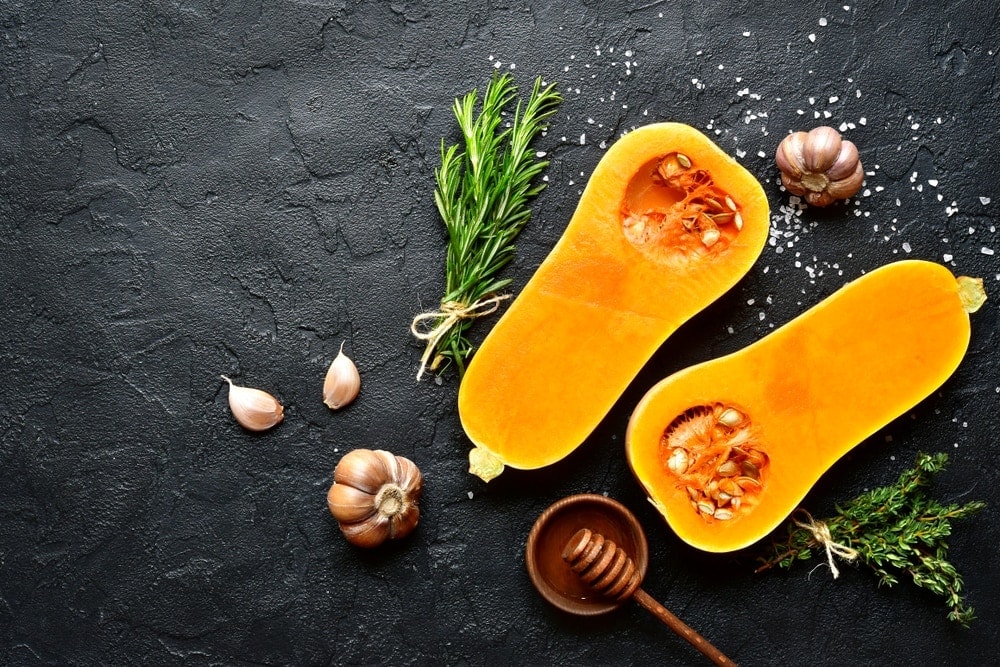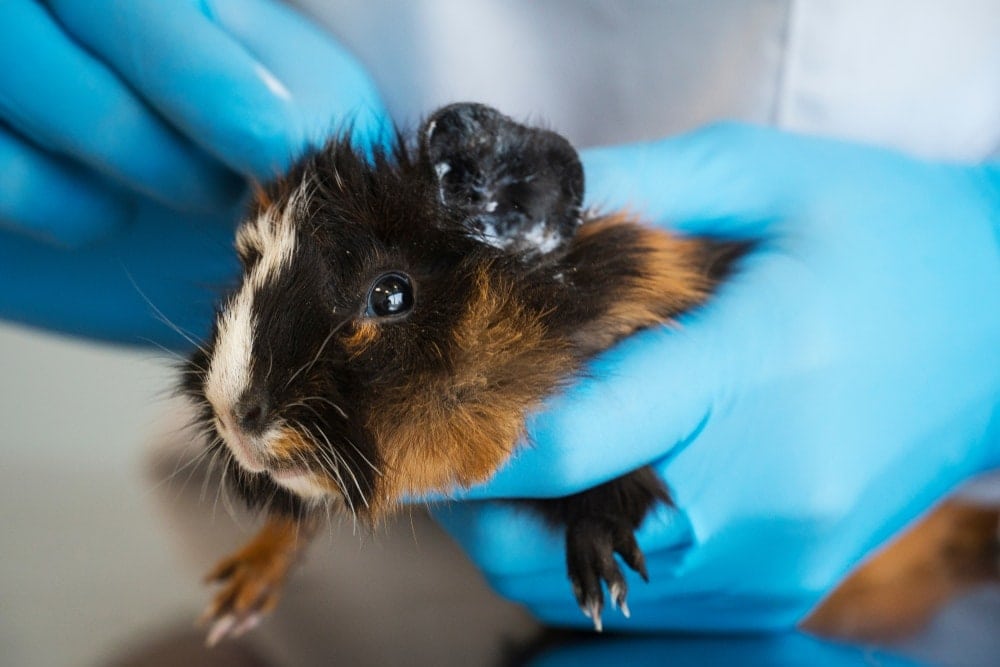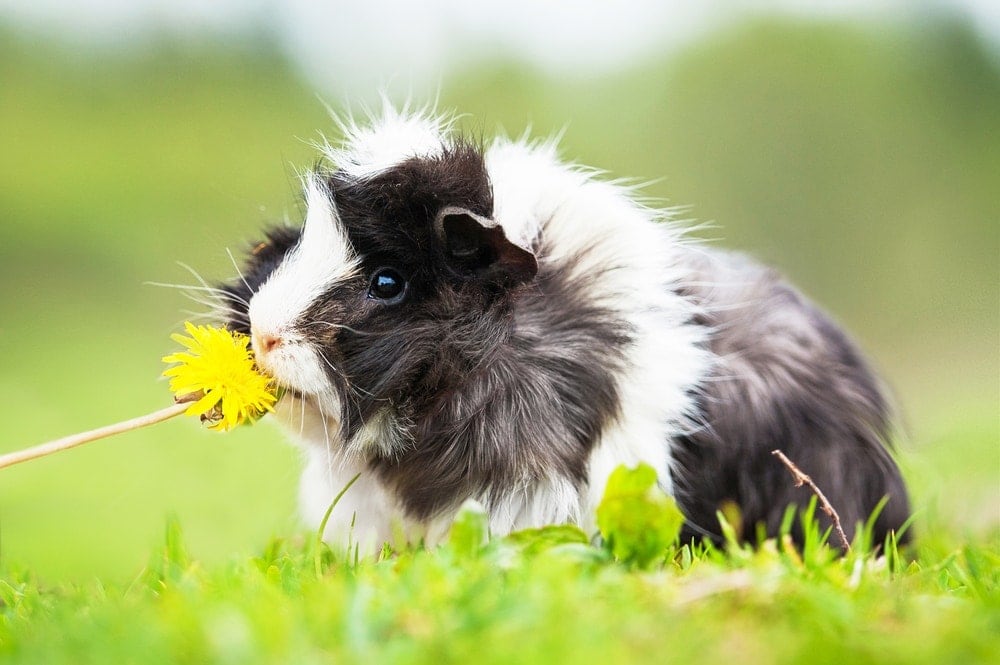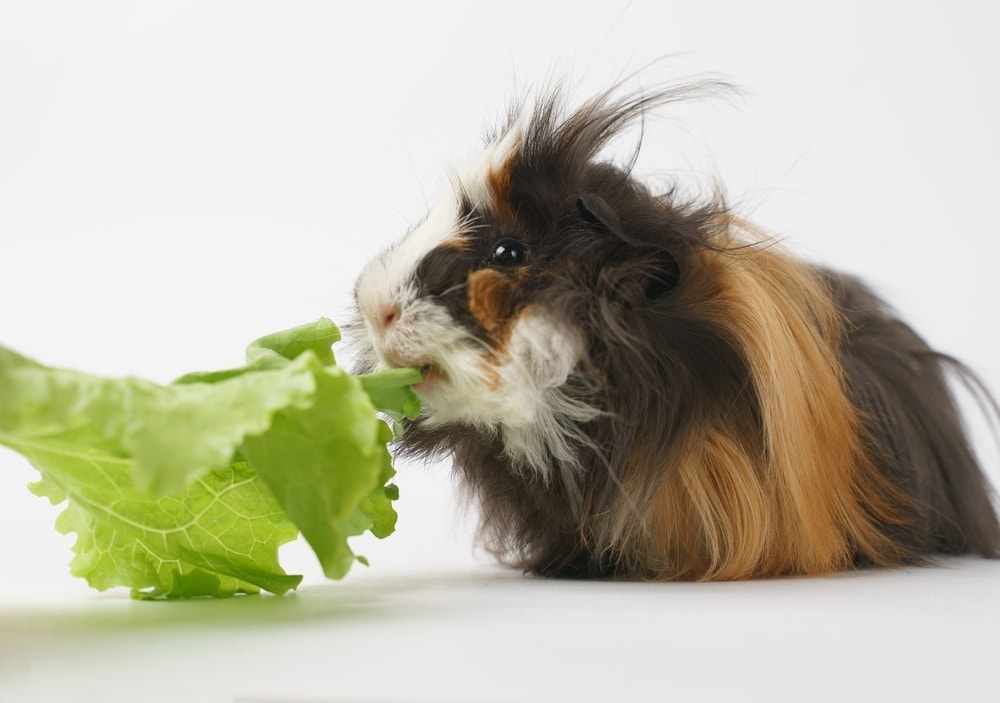The most important thing to remember when you have a guinea pig is that you maintain a steady diet that includes vitamins and minerals.
Beetroot, or also known as beets, can do just that for your guinea pig. Vegetables will help to supply those necessary vitamins and minerals.
Can Guinea Pigs Eat Beetroot?
Yes, they can. They need the vegetables to get the nutrients they do not get from the grass hay and pellets. It is a treat for them. There are some vegetables a guinea pig cannot eat, but beetroot is not one of them. Some guinea pigs sensitive digestive system may not tolerate beetroot or beet greens so if you notice them acting differently, do not give them anymore and contact your veterinarian.
Beetroot is the taproot of the plant and is grown all over the world. Beetroot does not contain any oxalates, which are a naturally occurring compound that is found in food and can prevent your guinea pig from absorbing the beneficial nutrients from food. With no oxalates in beetroot, this means that your guinea pig gets all the nutrients that it offers. This is why it is so healthy for your guinea pig.
The Nutrients it Provides
Beetroot will provide your guinea pig with:
- Fiber
- Potassium
- Vitamins C, K, A
- Folate
- Phosphorus
- Calcium
All of these are a necessary part of your guinea pigs diet for better health. Beetroots are one of the healthiest vegetables that you can give your guinea pig. It also has some protein and sugar, which is not that good for a guinea pig. The vitamins are essential to help guinea pigs fight against diseases, give them proper functioning of their body, and a lot more. One thing to note is that the beet greens, or beet tops, have more vitamins so you should feed them more beet greens than beetroot.
The folate is a type of B-vitamin that a body needs for different functions. One of the primary purposes is to form red blood cells. It also converts carbohydrates into energy. A guinea pig needs folate, especially during the infant or young stage, and if they get pregnant more than a mature guinea pig.
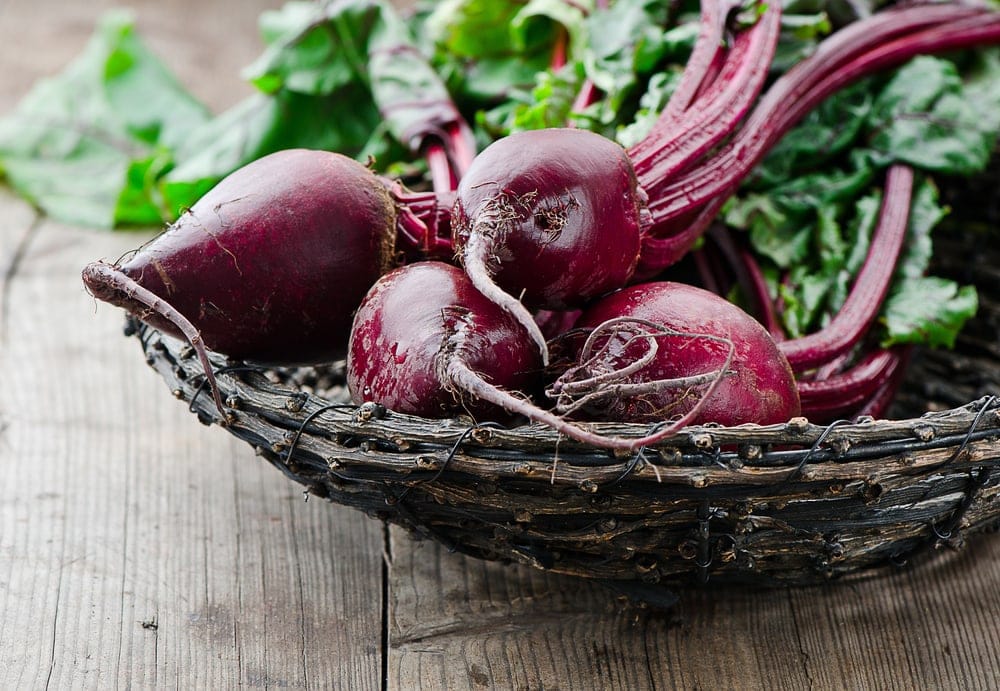
The potassium is important to help preserve their bone material density and reduce the chance of them forming kidney stones. For this mineral, the beet greens have more potassium than the beetroots. Beetroot also contains antioxidants that can help lower the risk of getting cancer. It can also help to suppress inflammation.
How Much Should They Have?
You should not feed beetroot to your guinea pig more than once a week as a treat. You can feed them one small slice. With the beet greens or tops, they should not be given more than a couple of leaves once or twice a month. When you feed your guinea pigs the beet greens, you can also put in a small amount of beet stems with it.
How to Prepare It
If possible, they should an organic beet as they are not sprayed with pesticides. Make sure there are no decaying parts on the beetroot. Make sure that you wash it and then peel it. The best way to serve it is to use a grater to grate some of the beets and mix it with other vegetables. You can also give them small pieces. After a couple of hours, remove any uneaten part and discard it. This will avoid drawing flies.
Benefits of Beetroot
As mentioned, beetroot is a great source of vitamins, including vitamin C and vitamins B 1-6. All of these are necessary for a guinea pigs healthy living. Eating beetroot can also help prevent diseases and urinary infections.
Why Is it Not Good For Them?
Although beetroot is a healthy vegetable to feed your guinea pig, there are some nutrients in there that are not good for them. If you give it more than an occasional treat, it can do more harm than good, so keep it as a treat.
Beetroot contains calcium and phosphorus and if they have too much in their body, it can harm their health. Too much calcium can cause a guinea pig to develop bladder stones and sludge. A guinea pig has a sensitive digestive system. Sometimes they can get severe diarrhea if you feed them an excessive amount. Severe diarrhea can kill a guinea pig. Make sure that you give them the right amount. It can also lead to bloating and vomiting if given in high amounts.
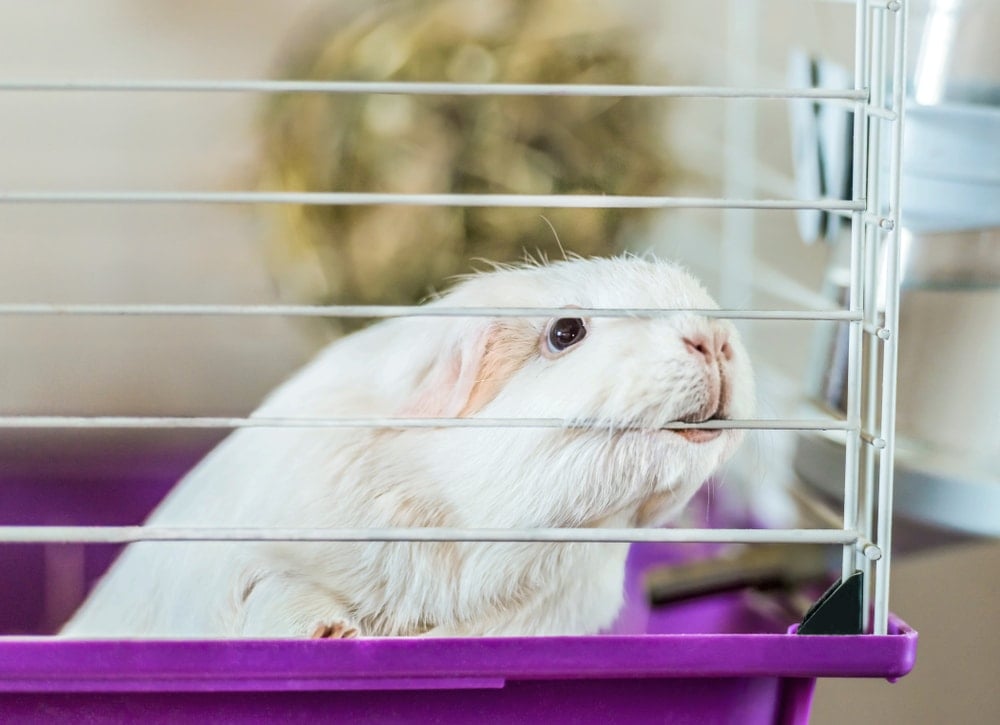
Types of Beets They Cannot Eat
- Cooked beets—most of the nutritional value a guinea pig gets from the beetroot is cooked out. Cooked foods, in general, are not good for their digestive system
- Pickled beetroot—this product contains ingredients that are harmful to them.
- Canned beets—this includes the type you buy at the store or you can yourself. They have added chemicals and preservatives to extend the shelf life.
Conclusion
- To ensure your guinea pig has a well-balanced diet you should mix at least four other vegetables with the beetroot. It is suggested that you use two leafy vegetables like cabbage along with two other vegetables like carrots or tomatoes.
- Guinea pigs can also eat the beet stems but just as an occasional treat, such as once or twice a month.
- You should not serve beetroot and beet greens at the same time. Give them one or the other.
- Fun fact—eating beets can turn guinea pigs urine pink so do not become alarmed if you notice that.
- Guinea pigs cannot produce the vital nutrients like vitamin C and other vitamins and minerals on their own so that is why you need to give guinea pigs vegetables to supplement what their body needs.
- The beet leaves, or tops, have more calcium and phosphorous than beetroot so that is why you need to limit these to once or twice a month.
- Your guinea pig can eat silver beets, sugar beets, and regular beetroots but in moderation.

